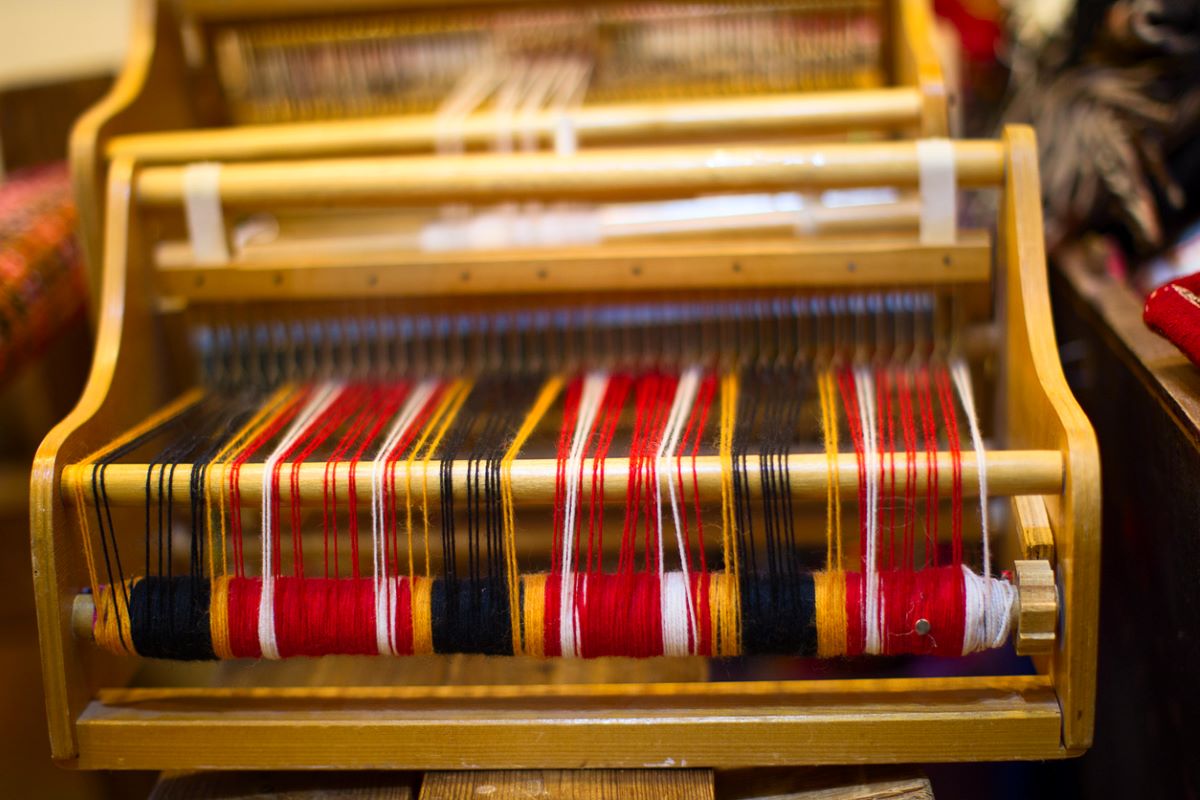In order to boost textile manufacturing and increase scope of employment, the state administration has asked the districts to stress on setting up more powerlooms and ensure that investors are able to avail the benefits of the newly launched incentive scheme.
Under the scheme, the state government provides financial help for installation of new-age powerlooms to boost production of improved quality of fabrics. From 1 January 2022 to 31 December 2024, eligible MSMEs will receive a capital investment subsidy of 20 per cent on fixed capital investment in plant and machinery. Again, an interest subsidy will be given on term loans for five years based upon the plant’s location and waiver of electricity duty.
Advertisement
This apart, if the MSME employs 50 per cent from persons registered with state employment bank then a reimbursement would be given towards Employees State Insurance and Employees Provident Fund. Those MSMEs that are interested in setting up powerlooms under the scheme will receive yarn from Tantuja. In fact, the first 2000 powerlooms would receive yarn from Tantuja and buyback support.
State chief secretary HK Dwivedi has asked the district magistrates to mobilise the powerlooms in fabric manufacturing. Along with this, self-help groups will be involved in the process of fabric knitting and the state panchayat department has been asked to prepare an action plan on the mechanism that is to be adopted for involving these groups within 31 January. Currently, power looms that are involved in production of textiles are located in Nadia, East Burdwan, North 24-Parganas, Howrah, South Dinajpur and West Midnapore.
About a hundred out of the 450 power looms across the state have already started manufacturing textiles for school uniforms and 25,000 metres of textile have already been manufactured by them. The target is to produce 40 lakh metres of fabric by April- May this year.
The state requires six crore metres of fabric to supply two sets of uniforms to students across the state. Presently the fabric is procured from other states but the state government aims to become self-reliant by 2024. Mr Dwivedi has also directed the district magistrates to identify wetlands in their respective districts so that those can be conserved on a priority basis.
The state plans to conserve wetlands spanning over 10 hectares, which have the potential for tourism and religious purpose Further, he took stock of various ongoing projects including Jal Swapna, Matir Shristi, Bangla Krishi Sech Yojana, Agriculture Infrastructure Fund, Micro Irrigation Fund and others.











